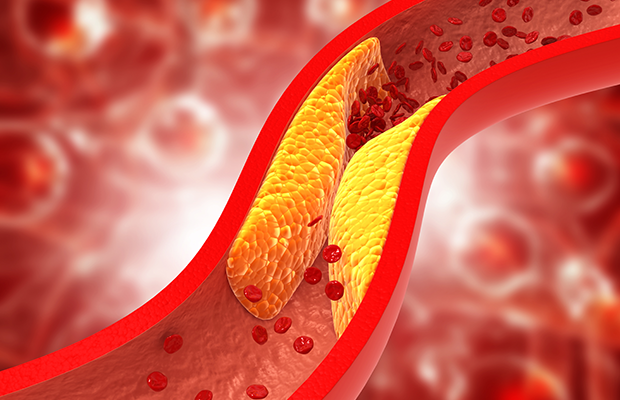
Cholesterol, a waxy substance found in the blood, plays a crucial role in various bodily functions. However, high levels of cholesterol can lead to serious health complications, including heart disease and stroke, making it the world’s leading cause of death. Here’s what you need to know about cholesterol and how to prevent its harmful effects.
What is Cholesterol?
Cholesterol is a fatty substance produced by the liver and also obtained from certain foods. It is essential for building cell membranes, producing hormones, and aiding in digestion. There are two main types of cholesterol: low-density lipoprotein (LDL) and high-density lipoprotein (HDL).
The Risks of High Cholesterol
While cholesterol is necessary for overall health, elevated levels of LDL cholesterol, often referred to as “bad” cholesterol, can lead to the buildup of plaque in the arteries, narrowing them and restricting blood flow to vital organs. This can increase the risk of heart attack, stroke, and other cardiovascular diseases.
Preventing High Cholesterol
Fortunately, high cholesterol can be managed and prevented through lifestyle changes and medication if necessary. Here are some strategies to lower cholesterol levels and reduce the risk of heart disease:
1. Healthy Diet
- Focus on a diet rich in fruits, vegetables, whole grains, and lean proteins.
- Limit saturated and trans fats found in red meat, processed foods, and fried foods.
- Choose unsaturated fats, such as those found in olive oil, avocados, and nuts, which can help lower LDL cholesterol levels.
2. Regular Exercise
- Engage in regular physical activity, such as brisk walking, jogging, swimming, or cycling, for at least 30 minutes most days of the week.
- Exercise helps raise HDL cholesterol levels while lowering LDL cholesterol and triglycerides.
3. Maintain a Healthy Weight
- Excess weight, especially around the waist, can contribute to high cholesterol levels and increase the risk of heart disease.
- Aim for a healthy weight through a combination of diet and exercise.
4. Quit Smoking
- Smoking damages blood vessels and increases the risk of plaque buildup in the arteries.
- Quitting smoking can improve cholesterol levels and overall cardiovascular health.
5. Limit Alcohol Consumption
- Excessive alcohol consumption can raise triglyceride levels and contribute to high cholesterol.
- Limit alcohol intake to moderate levels, which is one drink per day for women and up to two drinks per day for men.
6. Medication
- In some cases, lifestyle changes may not be enough to lower cholesterol levels adequately.
- Medications such as statins may be prescribed to help lower LDL cholesterol and reduce the risk of cardiovascular events.
Conclusion
High cholesterol is a significant risk factor for heart disease and stroke, but it can be managed and prevented through lifestyle changes and, if necessary, medication. By adopting a healthy diet, staying physically active, maintaining a healthy weight, avoiding smoking, limiting alcohol consumption, and, if needed, taking prescribed medications, individuals can lower their cholesterol levels and reduce their risk of cardiovascular diseases. Regular cholesterol screenings are essential for early detection and intervention.



